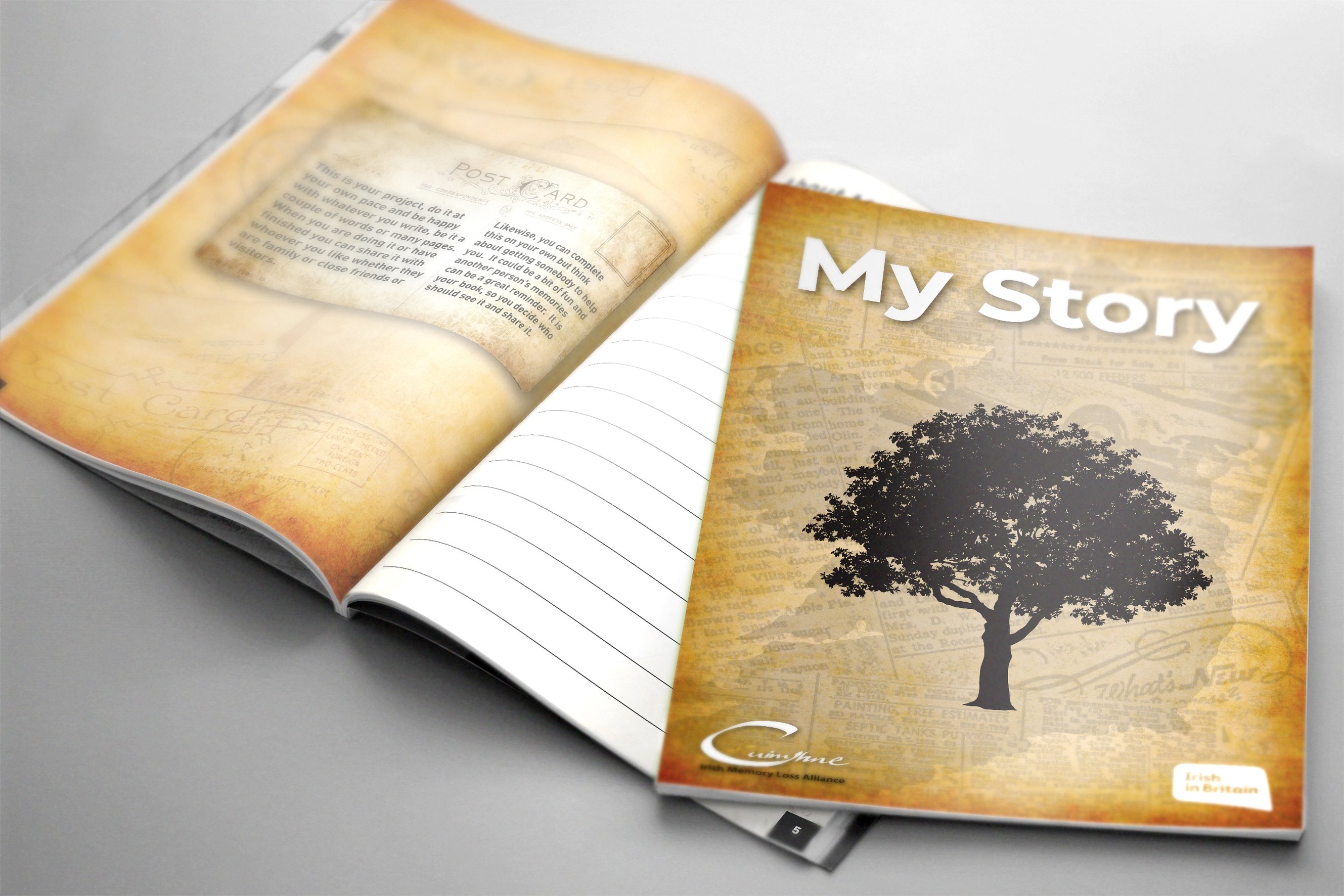Intercultural interlinking communities and reminiscence
Zibiah Loakthar, our Cuimhne Coordinator writes:
Xin Nian Kuai Le!
Sun Nin Faai Lok!
The start of the lunar new year this week is being celebrated by East Asian communities across the globe, including amongst Chinese, Taiwanese and Vietnamese diasporic communities here in Britain.
 Lunar new year celebrations for this new year of the rabbit, a year of peace and luck, may be meaningful to people within our Irish community too.
Lunar new year celebrations for this new year of the rabbit, a year of peace and luck, may be meaningful to people within our Irish community too.
In London, over the past 20 years or so it has become a tradition for people from diverse communities to flock to Chinatown and nearby Trafalgar Square for Lunar New Year celebrations, dragon dancing, drumming and dumplings.
There are public celebrations in cities like Birmingham, Liverpool and Dublin too.
To which community do we feel we belong? Whilst across our Irish in Britain network we might expect that many people might reply “Irish”, of course “Irish” may not be the first answer or the only answer, or even an answer at all.
Many of us realise that we feel connection in different ways to multiple communities. These may be communities of geography, for instance on the basis of where we live now, or where we feel our families have come from or placed roots, be it Shannon or Shanghai.
There are other types of community too, for instance communities of interest such as football teams, or communities of workers, for instance of health care professionals. Our positions within communities are not static but dynamic.
We move within multiple and intersecting communities. Through our networks of friends and family from different backgrounds we may experience and grow fond of diverse cultural celebrations and traditions.
Where we may develop memory loss, it may become challenging to remember how we connect to different type of community. We may be at a stage of living with dementia where we have come to find it difficult to initiate conversation and rather rely upon other people to start the conversation with us.
Labels
We need people to be able to recognise our multiple complex interests and identities, rather than simplify us to a single label such as “Irish”. We need people to be able to see that just because we may be identified as part of the “Irish” community, this is unlikely to be our only community. We also need people to understand that communities are not homogeneous.
Irish people are not all passionate about listening to songs such as Danny Boy and other so-called “Irish” music or eating soda bread and other so-called “Irish” foods. Our experiences will be diverse and rich.
We may be comfortable being identified as part of the Irish community, but identify too with other communities. We may have mixed heritage, mixed interests, mixed tastes. We may be born and bred Irish but have witnessed, and been a part of, fusion between different cultural traditions.
 Interests may be complex not binary. We may prefer Irish harp to mandolin music, or vice versa, but also dislike either or love both or enjoy musical fusion. We may also have evolving tastes and tastes that change according to context.
Interests may be complex not binary. We may prefer Irish harp to mandolin music, or vice versa, but also dislike either or love both or enjoy musical fusion. We may also have evolving tastes and tastes that change according to context.
It can be difficult to challenge the assumptions people may make about us, and especially so where conditions such as dementia may mean we have cognitive and communication challenges. Tools such as Irish in Britain’s My Story book can help to show or remind those caring for us about the complexity of the persons we really are.
Training
Training may help carers to be more aware of the dangers of making hasty assumptions about the identities interests and heritages of people being cared for. Carers can try out different kinds of reminiscence activity to help open pathways to memories.
St Brigid’s Day and St Patrick’s Day may provide opportunities for reminiscence activity, but so too Lunar new year celebrations. People connected with Irish communities may have grown up in places where Chinese New Year has been celebrated, with East Asian friends and foods. People do not need to have East Asian heritage to have an interest in East Asia.
Within our Irish in Britain community, people have been to school with, worked with, fought racism with, lived with. married with, volunteered with, been neighbours with people from East Asian communities.
Through travel, study, work, friendships, relationships and general curiosity, there will be people in our Irish in Britain network who will understand, whether or not they can reply, "Xin Nian Kuai Le" –(Happy New Year in Mandarin) or "Sun Nin Faai Lok" (Happy New Year in Cantonese).